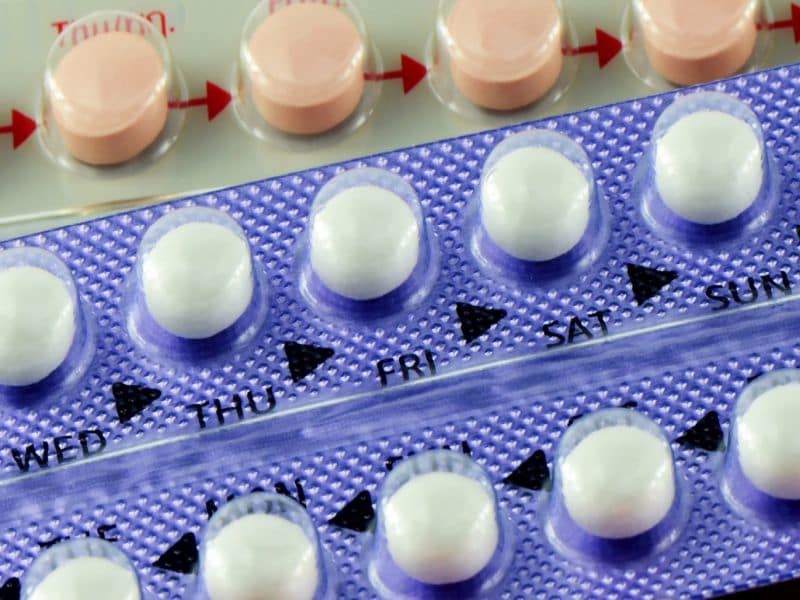
When you’re hungry, everything’s annoying and tempers can get short. Now, animal research might help explain why. Researchers working with rats found that the sudden drops in blood sugar that occur with hunger make people “hangry.” That drop in blood sugar — and the ensuing mood changes — may also be a key to depression… read on >















